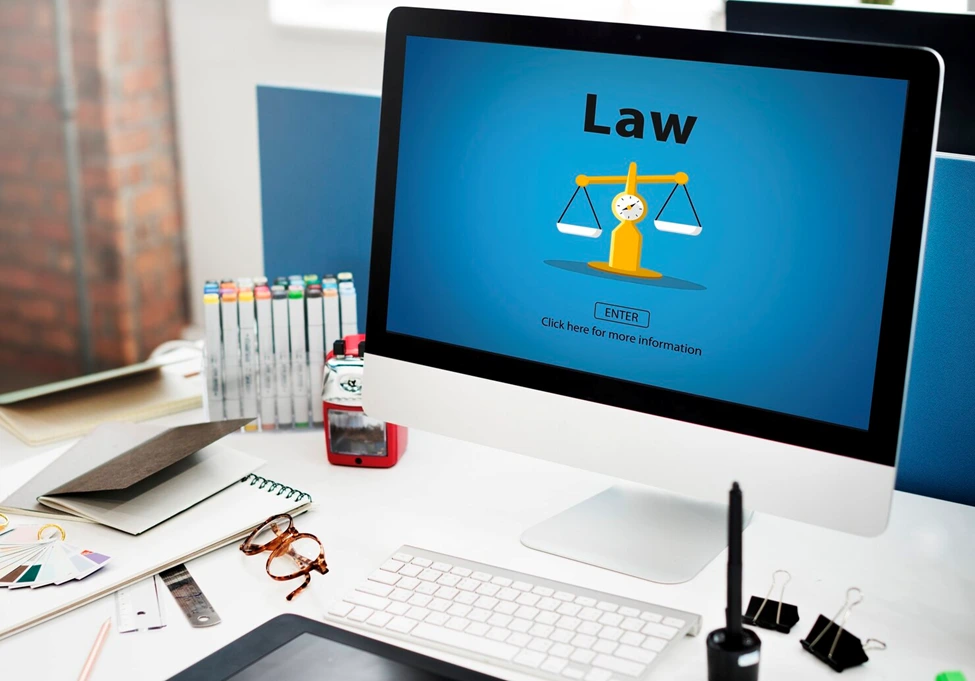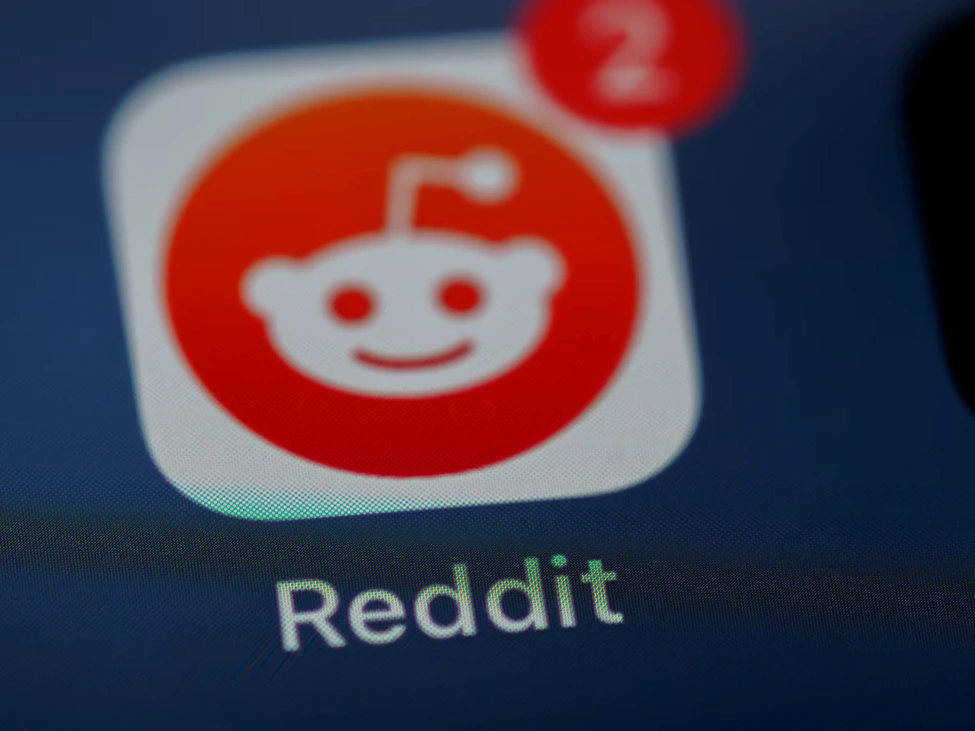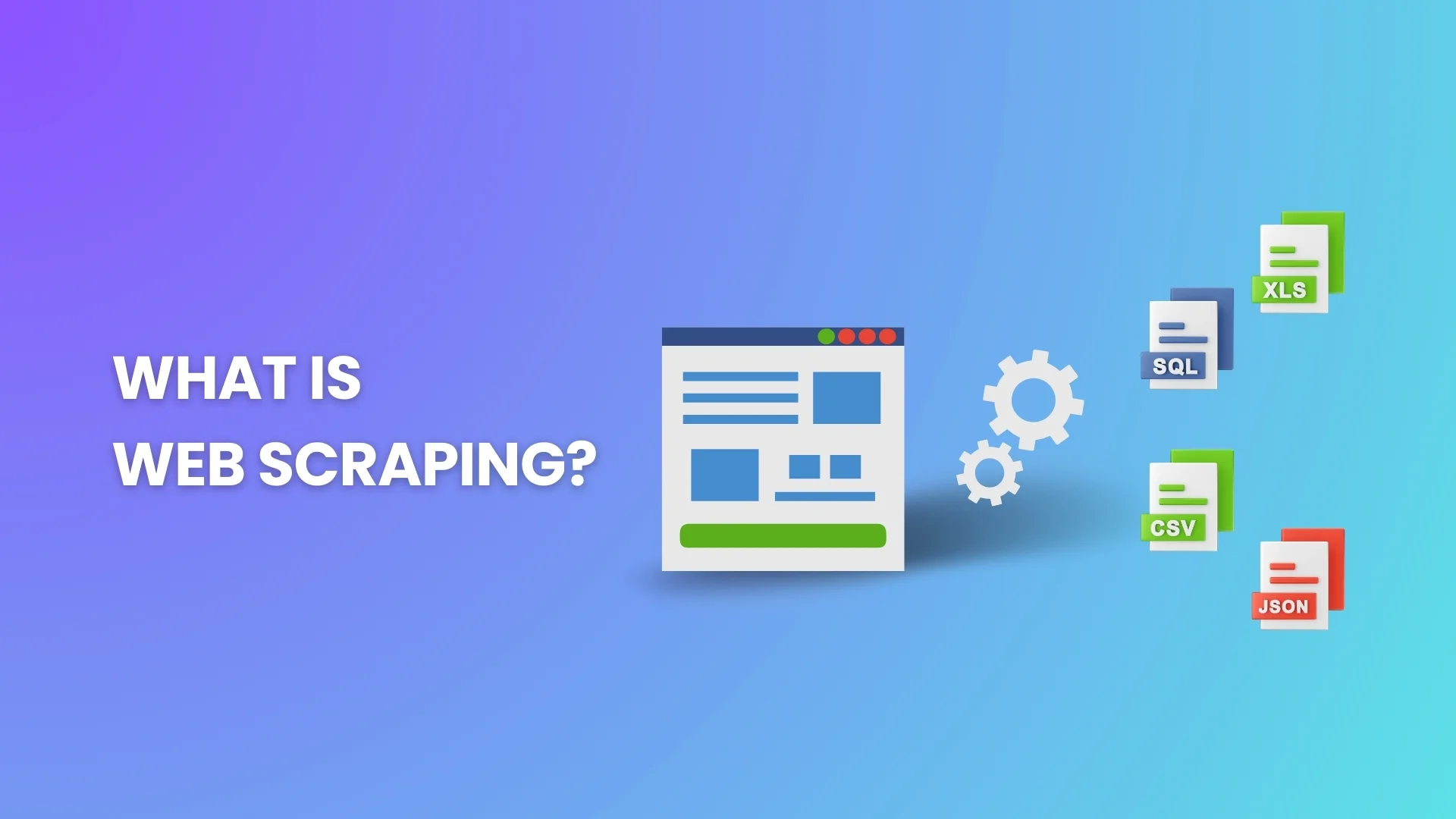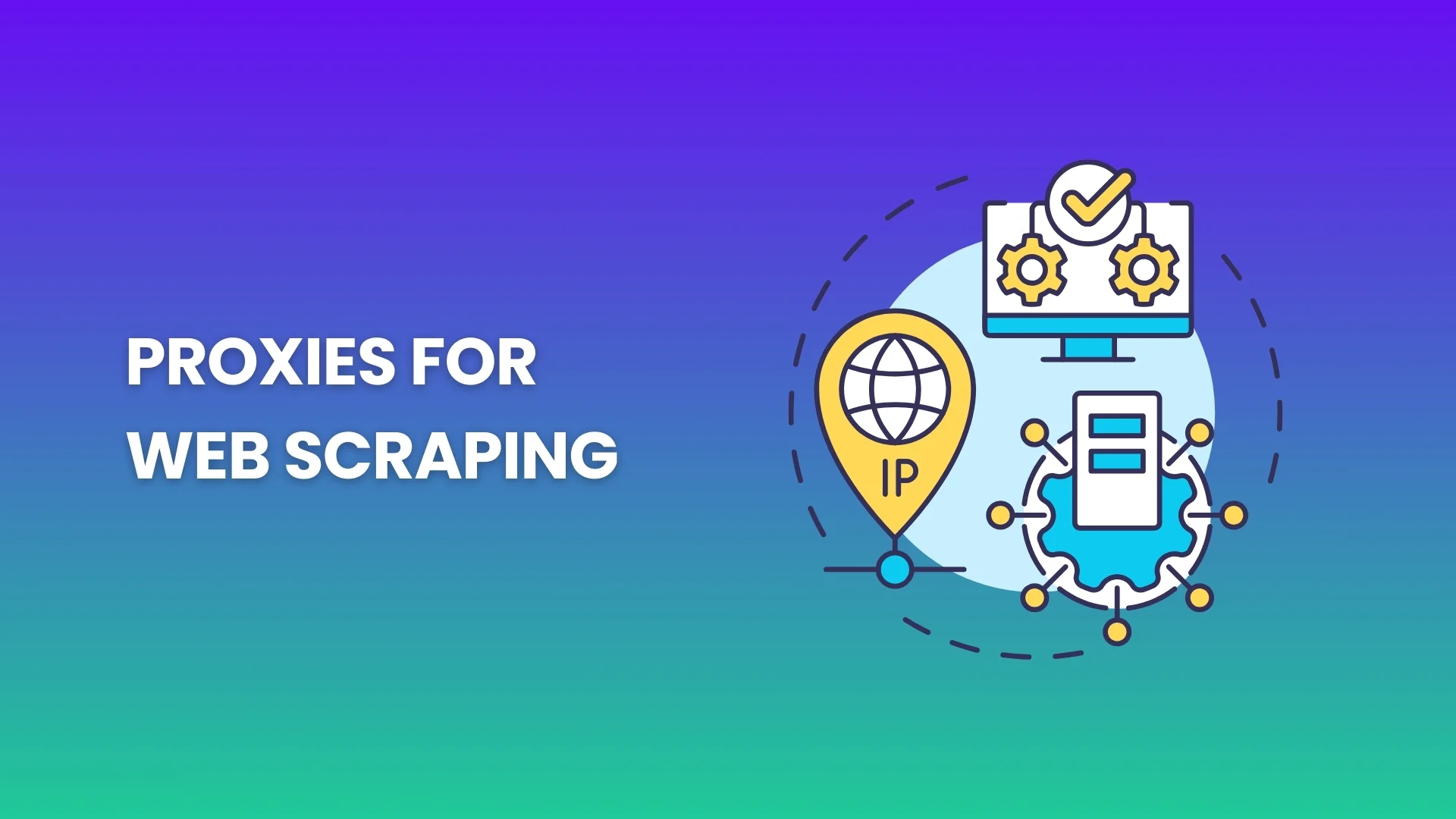Web scraping, also known as data extraction or web harvesting, involves collecting vast amounts of information from websites and converting it into a structured format for analysis. This process helps businesses make data-backed decisions, from monitoring competitor pricing to understanding customer preferences.
However, the legality of scraping websites is a gray area, with various laws influencing its use. Curious to learn more? Keep reading as we delve into the legal side of web scraping, ensuring you stay informed and on the right side of the law.
How legal is web scraping?
Web scraping is undoubtedly a valuable tool. But you’ve also got to consider the legal implications before you make any moves. If you are unfamiliar with the legal side of this process, several potential data scraping legal issues may arise. But understanding them will help you navigate this complex landscape and collect data without breaking any laws.
One of the primary concerns is web scraping copyright infringement. Scraping copyrighted content could violate copyright laws. Especially if the collected data is used for commercial purposes or redistributed without permission.
Another legal hurdle to be aware of is the potential for breach of contract. Many websites have terms of service (ToS) that explicitly forbid web scraping. Ignoring these terms could result in legal repercussions.
Despite these potential pitfalls, our answer to the question of how legal is web scraping is the following — it can be done legally and ethically. And we will explain how in the next sections.
The notable data scraping laws
Of course, it’s hard to cover all the laws that regulate the use of data scrapping in the global net. The thing is that they may differ depending on the country or even jurisdiction. So, if you are not certain whether it is legal to scrape data from websites, it’s better to delegate this activity to reputable service providers. Though, it will do not harm for you to understand the legal and ethical landscape of scraping as well.
Copyright laws
Copyright laws serve as a shield for the original creations of authors, artists, and innovators. When it comes to web scraping, these very web scraping copyright regulations ensure that website content remains secure, deterring any unauthorized usage or distribution. Take, for example, the US Copyright Act, which stands guard over original works of authorship such as text, images, and multimedia content, warding off unwarranted copying and exploitation.
- Computer Fraud and Abuse Act (CFAA). The CFAA is a US federal law that criminalizes unauthorized access to computer systems. Web scraping may fall under the CFAA if it involves bypassing security measures like CAPTCHAs or accessing restricted areas of a website without permission.
- General Data Protection Regulation (GDPR). The GDPR is a comprehensive data privacy regulation applicable in the European Union. It sets strict guidelines for the collection and processing of personal data, requiring explicit consent from users before their data can be collected. Web scraping activities involving EU residents’ personal data must comply with GDPR requirements.
- California Consumer Privacy Act (CCPA). The CCPA is a state-level privacy law in California that grants consumers the right to control the use of their personal information. Similar to the GDPR, web scraping activities involving Californian residents’ personal data must comply with CCPA provisions.
- Other data privacy regulations. Various countries and regions have their data scraping laws, such as the Personal Data Protection Act (PDPA) in Singapore and the Lei Geral de Proteção de Dados (LGPD) in Brazil. Familiarize yourself with local data protection regulations if you plan to scrape data from websites based in different countries.

The most famous web scraping lawsuits
Back in 2000, there was a landmark web scraping lawsuit between eBay and Bidder’s Edge. eBay sued Bidder’s Edge, a company that scraped auction data from eBay to aggregate it on its platform. The eCommerce marketplace argued that the company’s web scraping activities put an undue burden on eBay’s servers. The court granted a preliminary injunction against Bidder’s Edge, effectively prohibiting them from continuing to scrape eBay’s data.
Another web crawler legal issue took place between Associated Press and Meltwater U.S. Holdings. Meltwater, a media monitoring service, scraped and distributed excerpts of AP’s news articles without a license. AP sued Meltwater for copyright infringement. The court ruled in favor of AP, and Meltwater was required to pay damages and obtain a license to use AP’s content.
In 2019, LinkedIn attempted to block hiQ Labs from scraping publicly available data from its platform. hiQ Labs, a company that used LinkedIn’s data to provide analytics services, sued LinkedIn for anticompetitive conduct. The court ruled in favor of hiQ Labs, stating that web scraping publicly available information from LinkedIn did not violate the CFAA. This case has been influential in shaping the understanding of the fine line of legal data collection in the context of publicly available data.
How personal data is protected
Personal data refers to any information that can be used to identify an individual directly or indirectly. Examples of personal data include:
- Names
- Email addresses
- Phone numbers
- Social Security numbers
- IP addresses
- Online identifiers, such as usernames or cookies
As you already know, data collection laws like the GDPR and CCPA regulate the collection and processing of this data. Failure to comply with these data privacy regulations can result in severe penalties.
Penalties for non-compliance with data protection laws vary by jurisdiction, but they typically involve fines and potential reputational damage. For example, non-compliance with GDPR can lead to fines of up to €20 million or 4% of a company’s annual global turnover.
The CCPA imposes fines of up to $2,500 per unintentional violation and up to $7,500 per intentional one. Additionally, individuals can sue companies for statutory damages between $100 and $750 per incident or more.
Is web scraping legal?
Content scraping can be a contentious issue. Particularly, when it comes to copyright infringement. While web scraping has many legitimate uses, extracting copyrighted content without permission can violate copyright laws. They protect the original works of authors, artists, and creators, such as text, images, and multimedia content found on websites. So, if you do not have rights for that, you are breaking the law.
In other cases, content scraping is legal and may be considered “fair use” under copyright law. To be more specific, this allows for the limited use of copyrighted materials without permission for purposes such as news reporting, criticism, or education.
How to legally scrape data from websites
To ensure your web scraping activities remain within the bounds of the law, follow best practices and adhere to relevant regulations. Here are the tips that will let you stay certain that your data scraping is legal.
- Before scraping a website, check its Terms of Service (ToS) for any clauses that explicitly prohibit web scraping or data extraction. Respect these terms to avoid potential web scraping legal issues.
- Websites often provide a robots.txt file that outlines the rules for web crawlers and scrapers. This file can indicate which parts of the website are off-limits for scraping. Make sure to follow these guidelines when planning your scraping activities.
- If you plan to scrape copyrighted content or personal data, seek permission from the website owner or the data subject.
- To avoid causing undue strain on a website’s server, limit the rate at which you scrape data. This practice, known as “rate limiting,” can help prevent issues like trespass to chattels and demonstrates a responsible approach to data collection.
The final words
We know that this can be too much to handle. That is why Nannostomus is here to help you make data scraping legal. We respect the rights for collecting data, so we comply with relevant data privacy laws to do it legally and ethically.
By entrusting your web scraping needs to us, you avoid the risks associated with data collection while enjoying the benefits of high-quality, actionable insights. Let the professionals handle the complexities, so you can focus on leveraging the power of data to achieve your goals.




